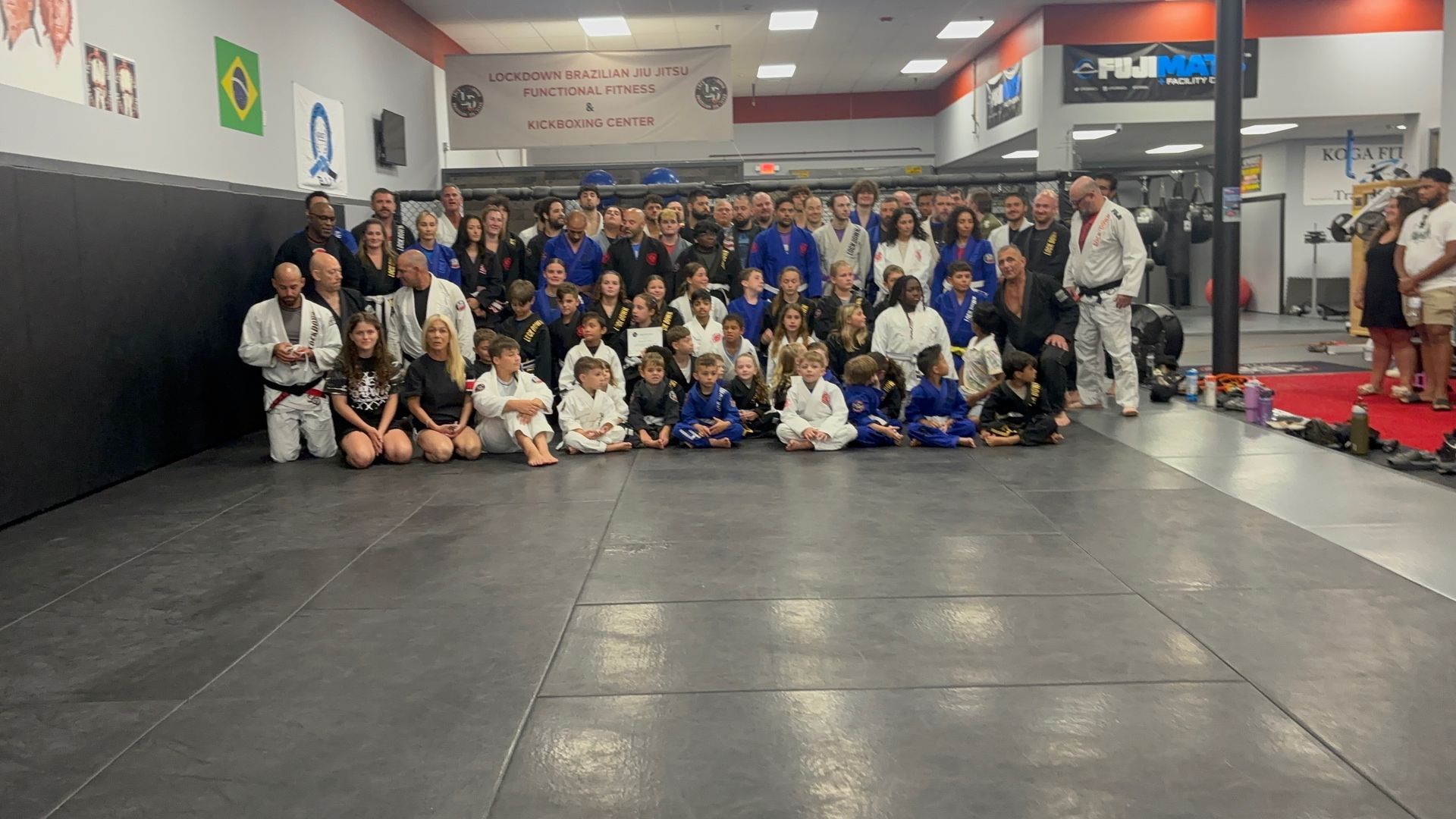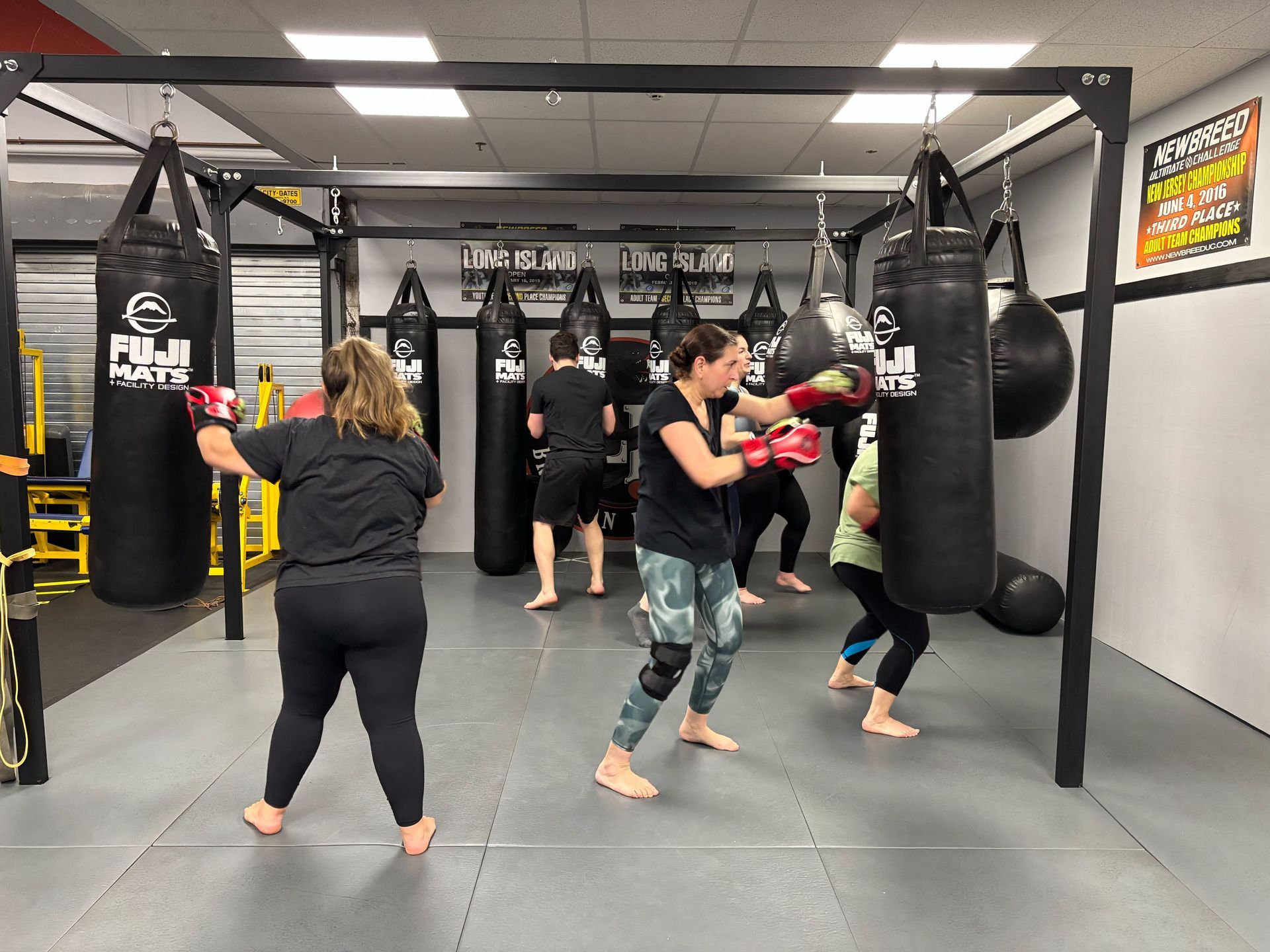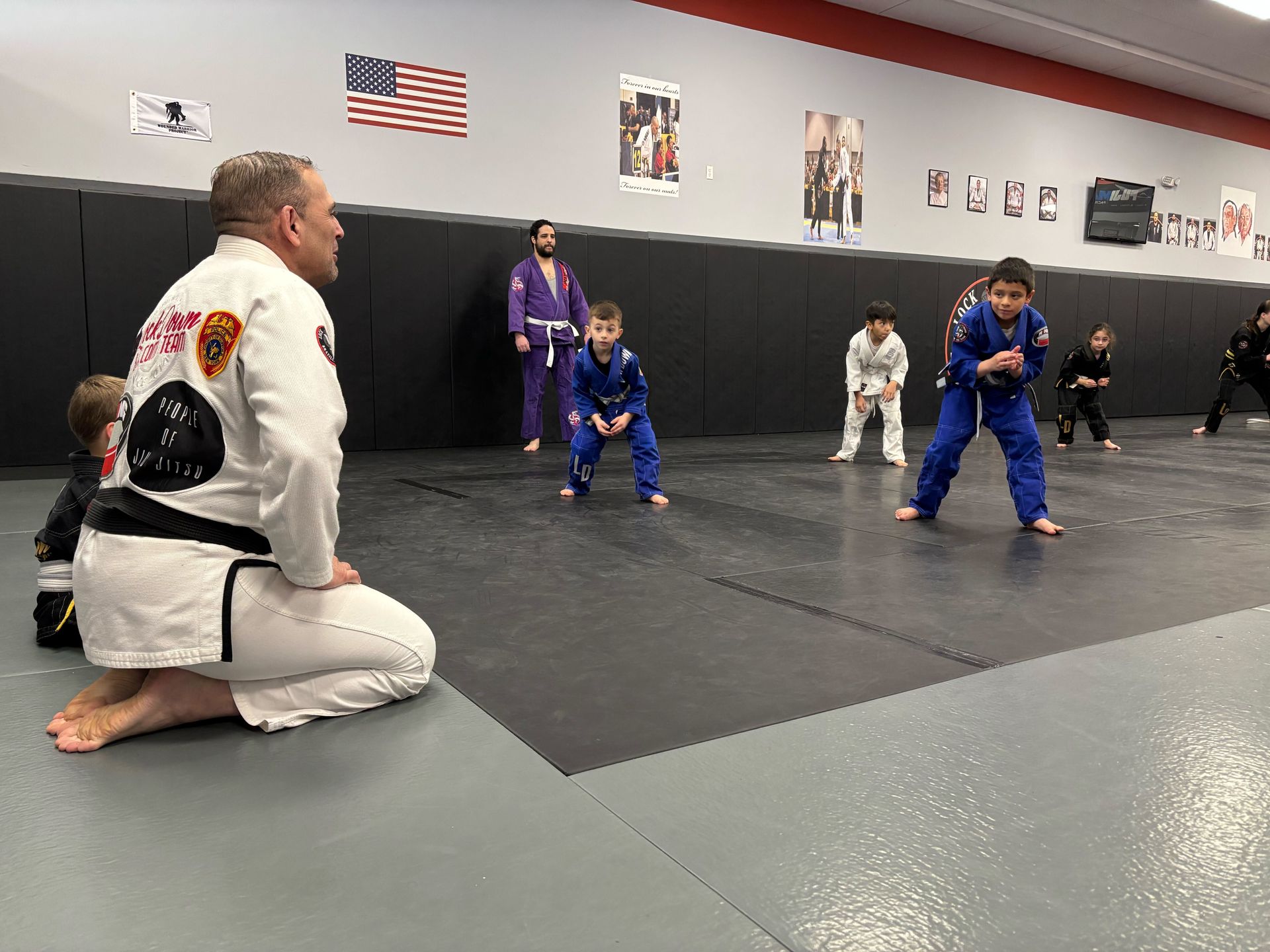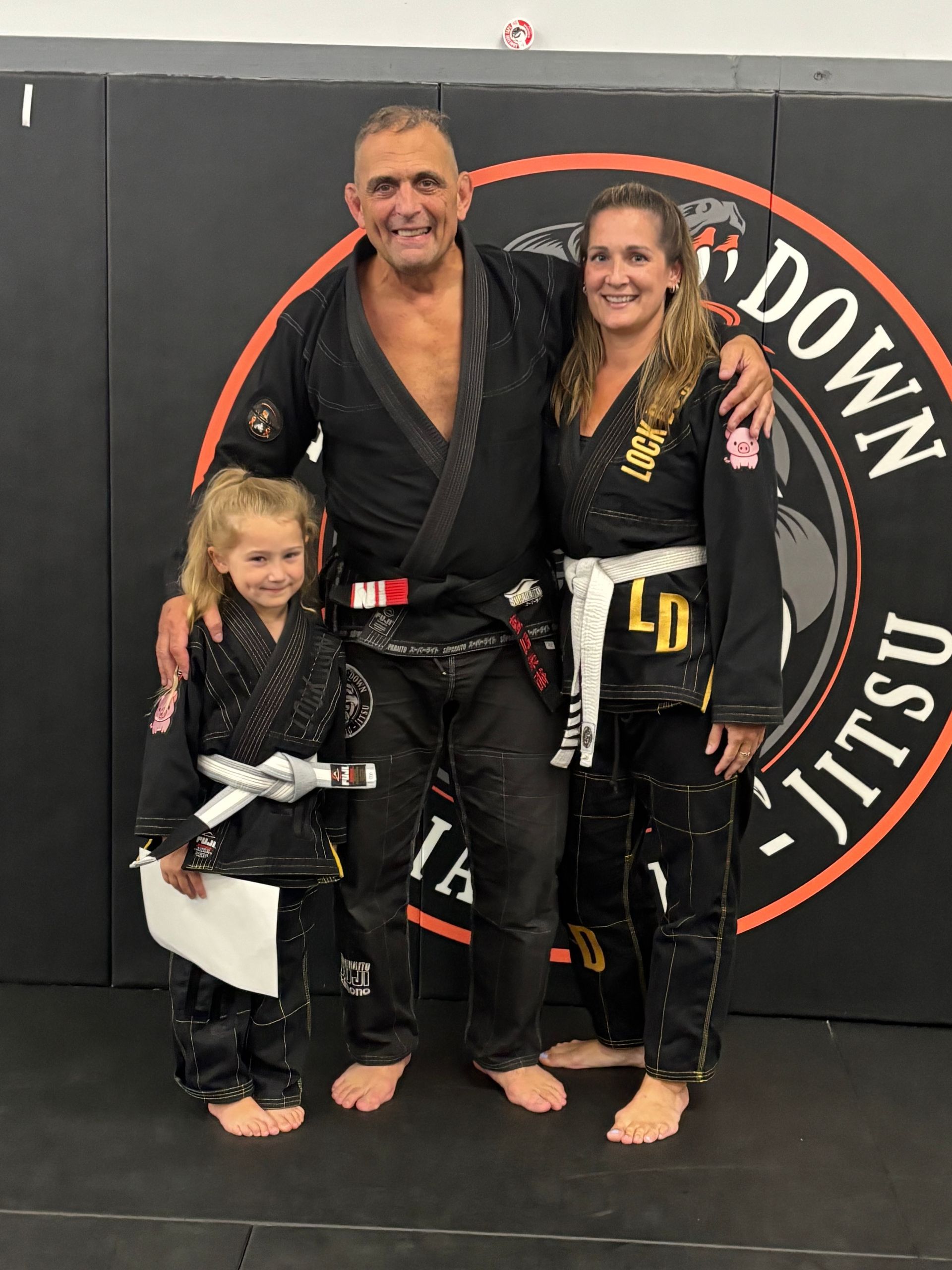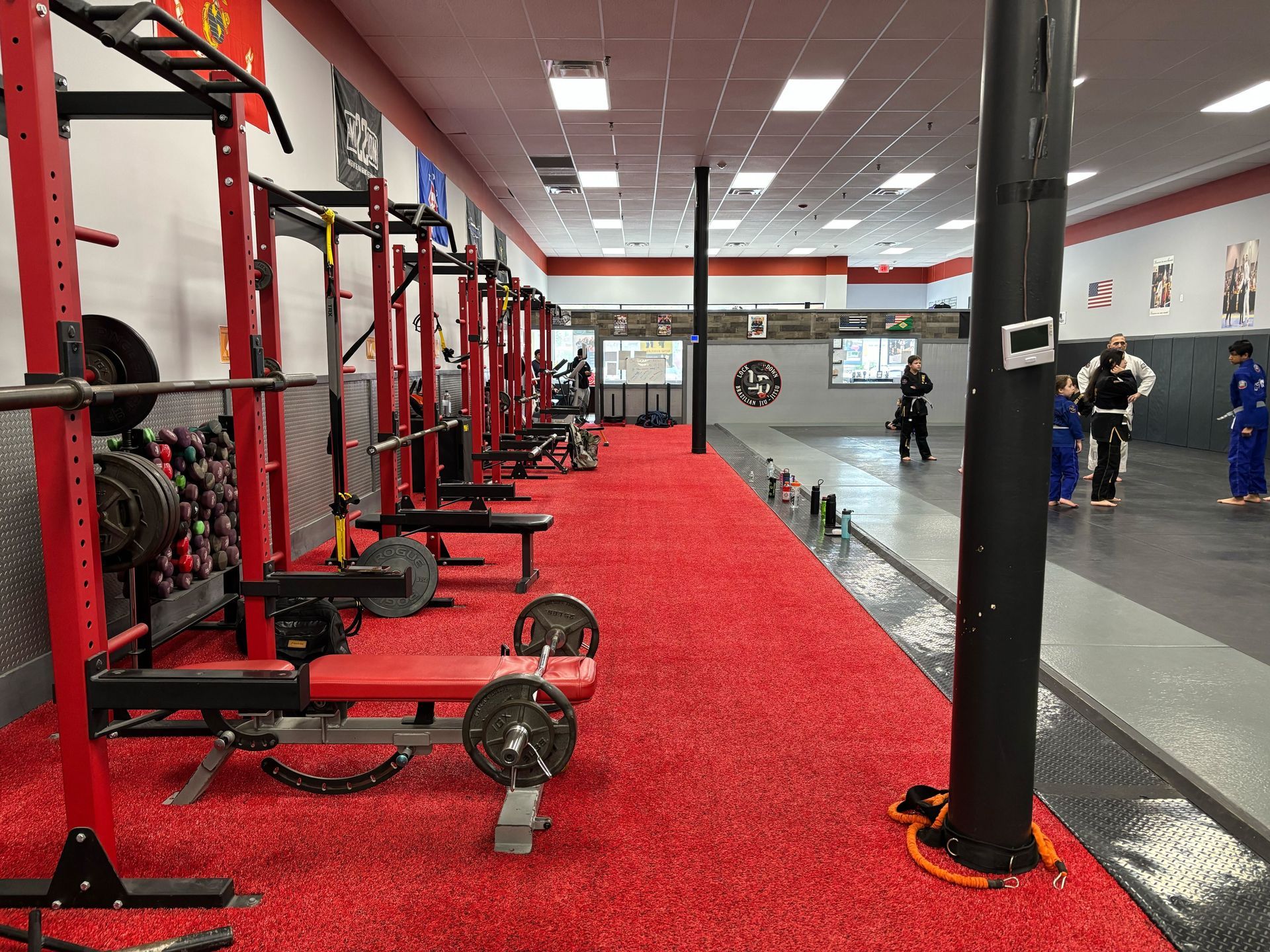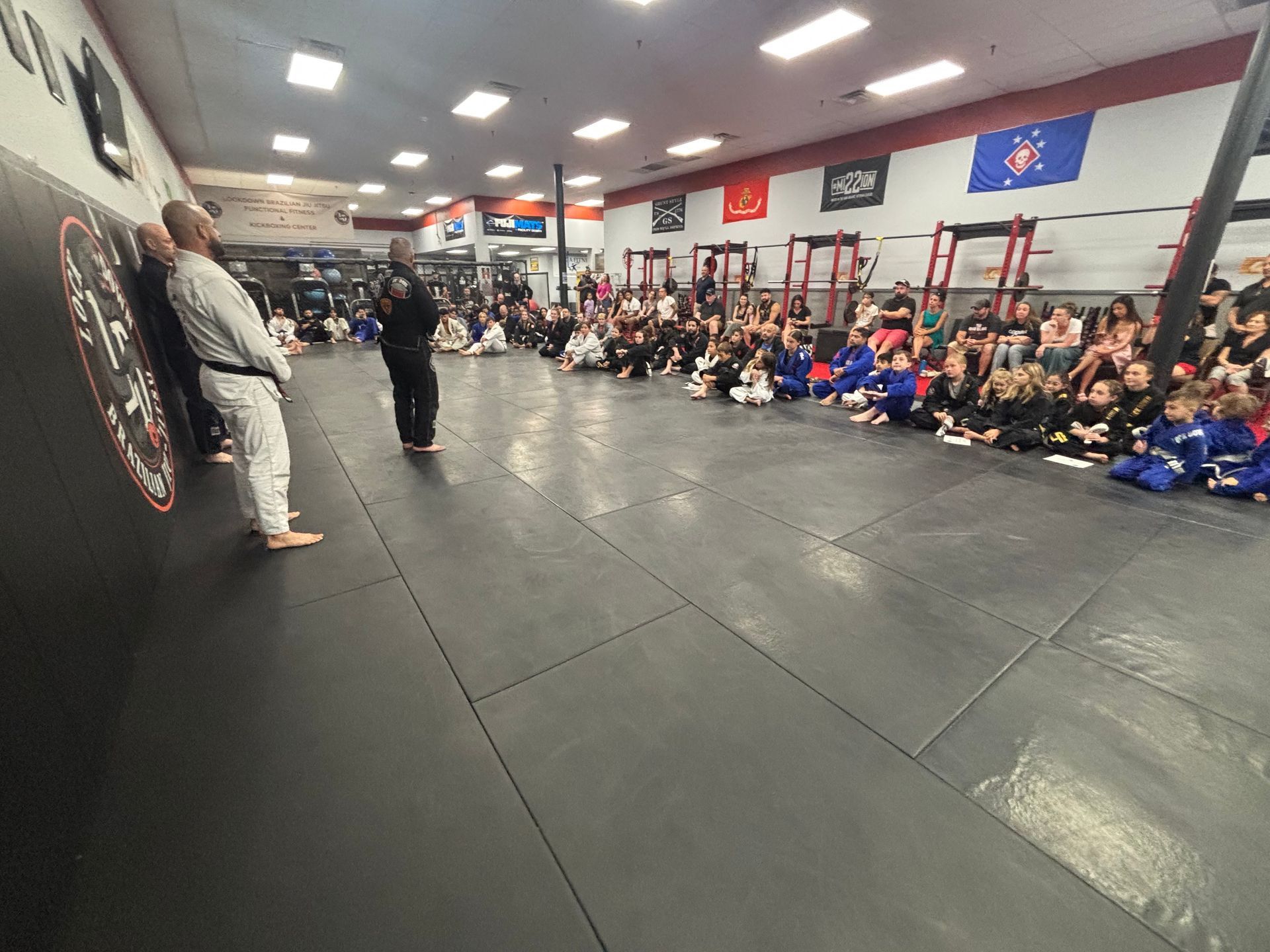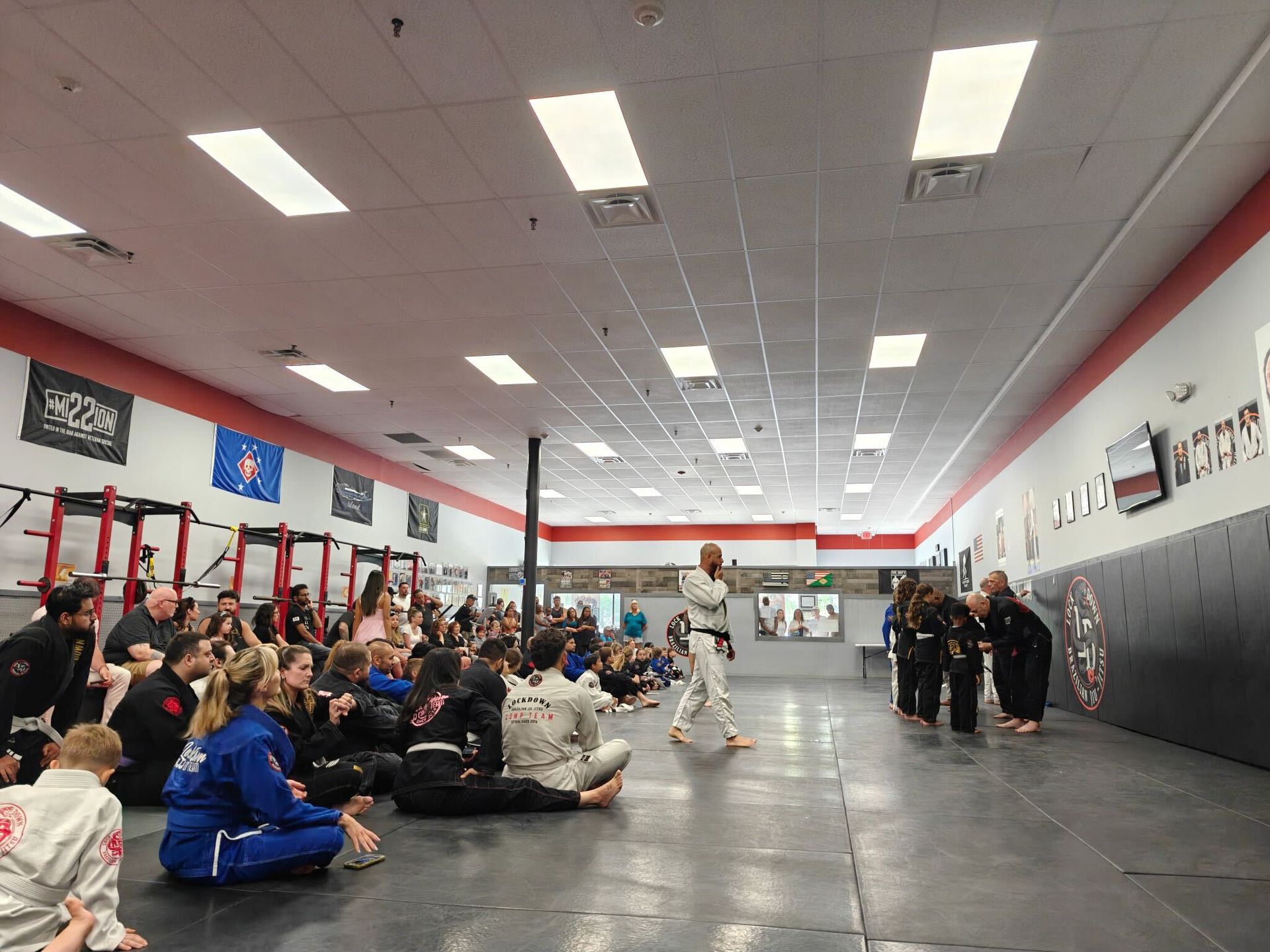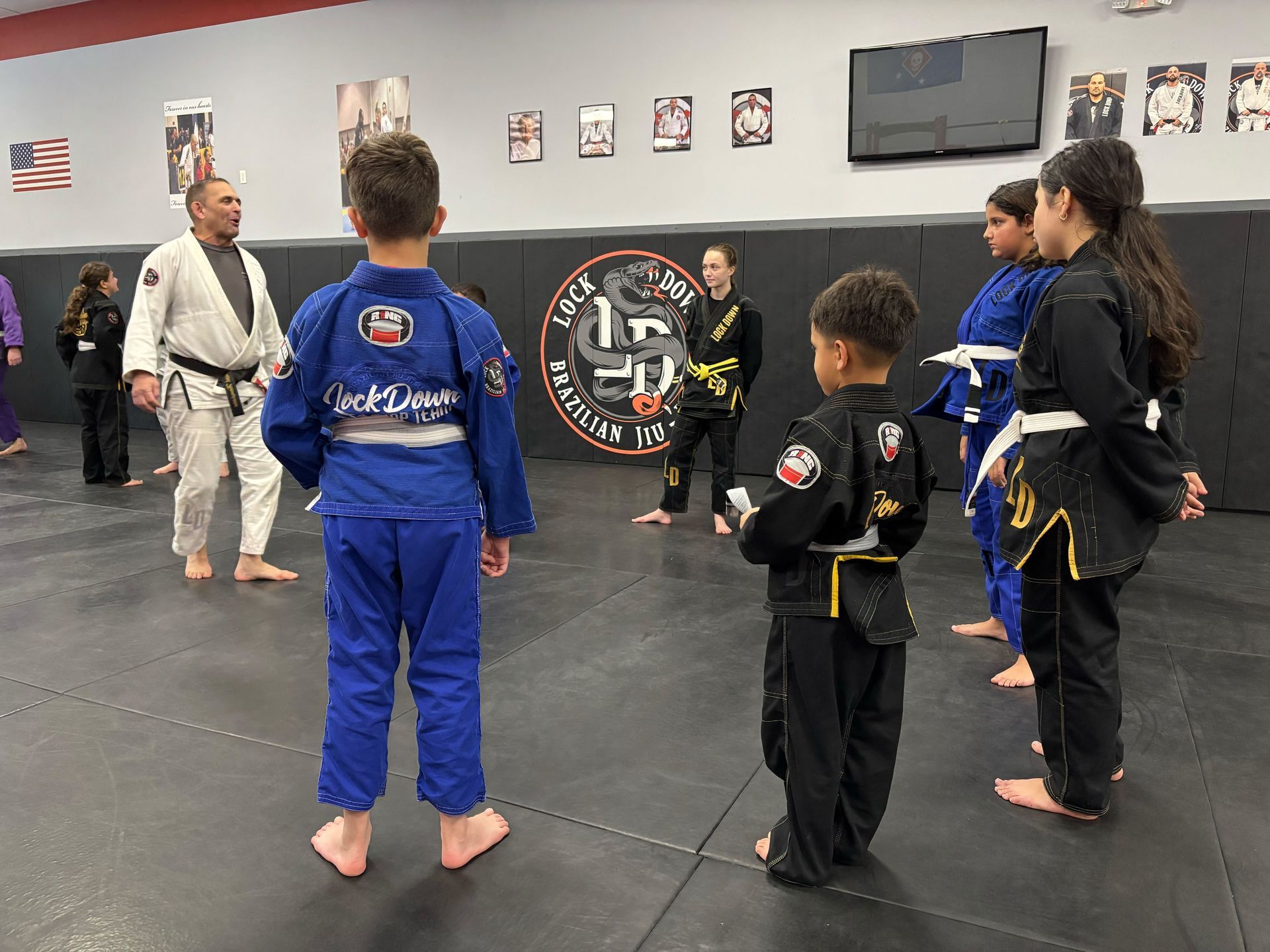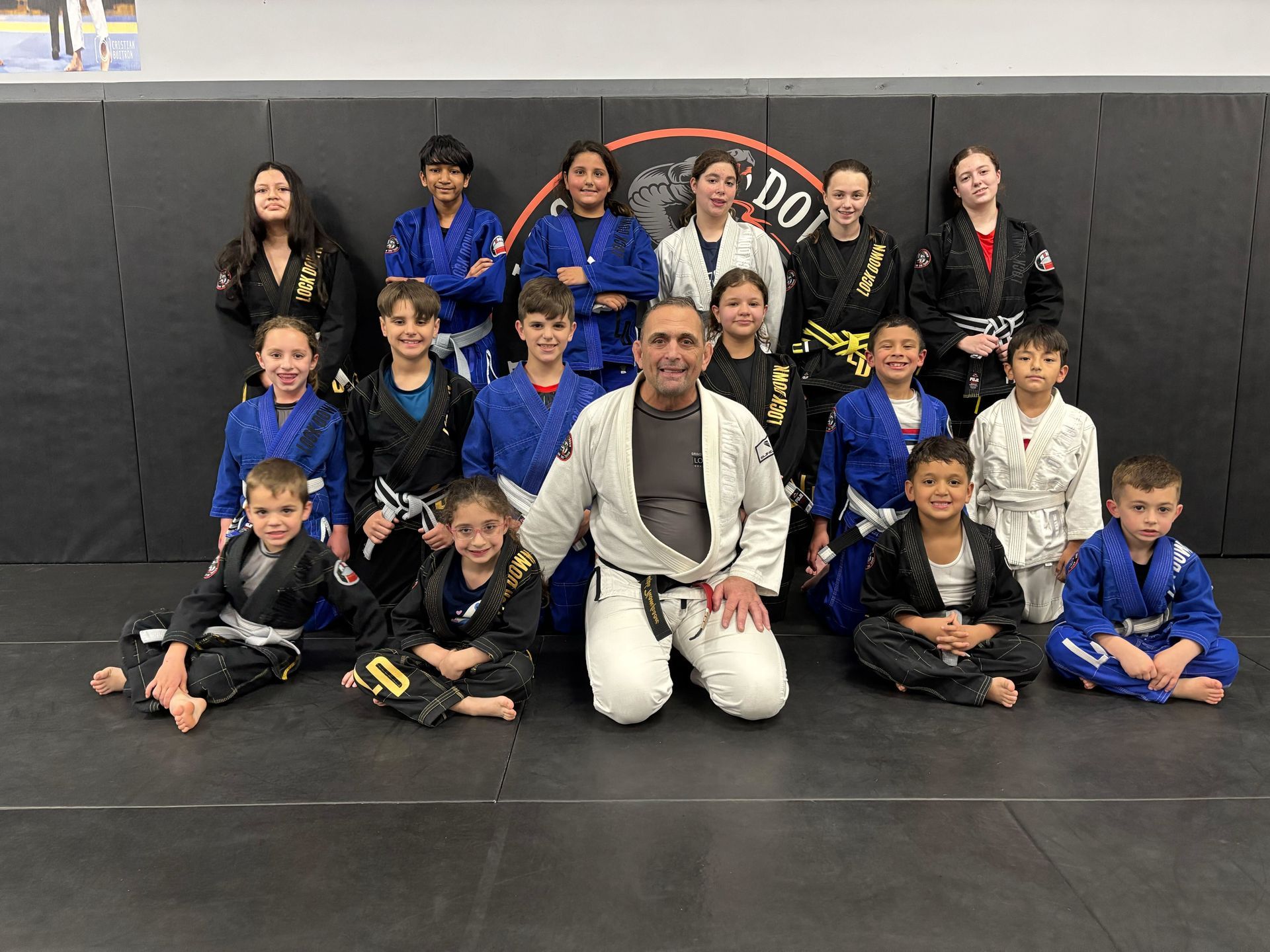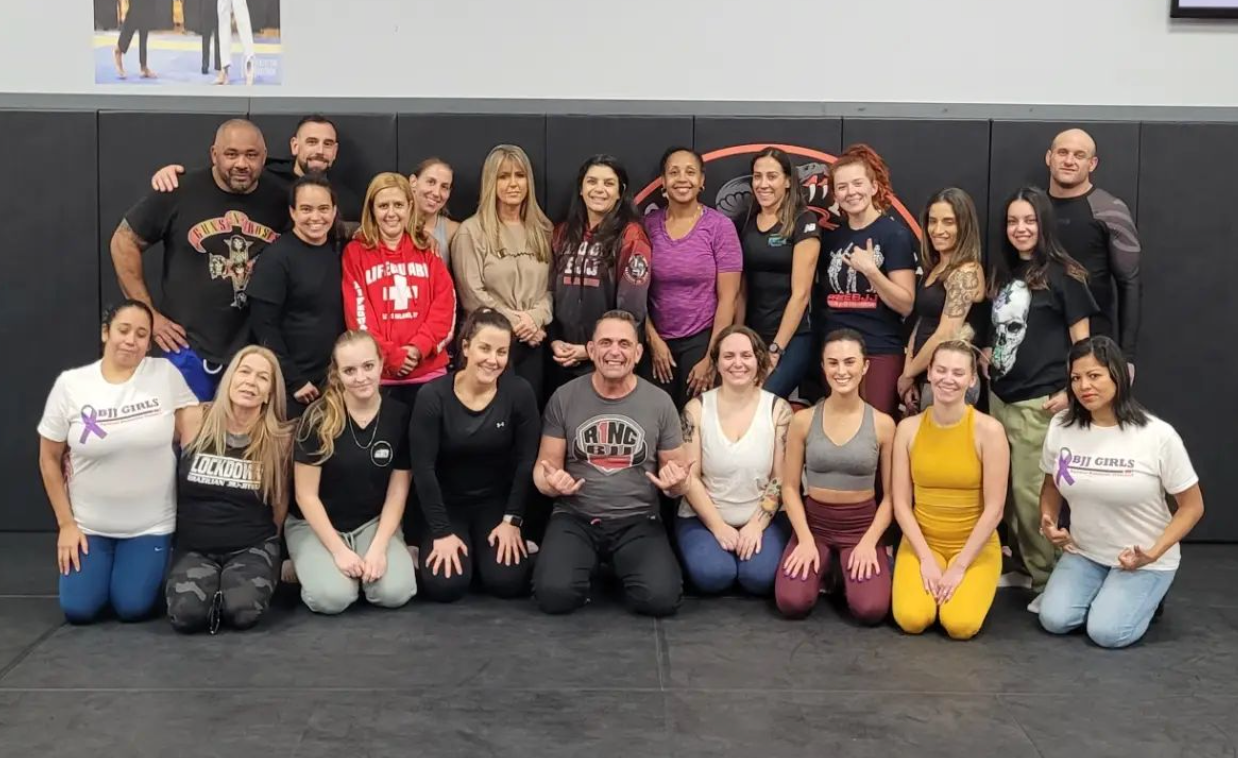Martial arts has long been recognized as a powerful tool for physical development, but its benefits go far beyond fitness.
One of its key strengths is teaching children essential life skills, especially when it comes to goal-setting. Whether it’s learning discipline, building resilience, or working towards long-term achievements, martial arts helps kids grasp the significance of setting and achieving goals. Through a structured and supportive environment, children learn how to break down objectives into actionable steps, gaining a practical understanding of goal-setting that they can carry with them throughout life.
The Importance of Goal-Setting in Child Development
Goal-setting is fundamental to a child’s development. It teaches kids how to plan, make decisions, and understand the importance of persistence. When children set goals, they develop a sense of responsibility and learn to manage their time and efforts efficiently. More than just achieving an objective, the process of setting and striving toward goals fosters personal growth. Kids who practice goal-setting from a young age develop better self-esteem, as they recognize their ability to meet challenges. Martial arts offers an ideal framework for teaching these lessons because it naturally integrates goal-setting through its structure and progression system.
Martial Arts as a Structured Approach to Goals
One of the reasons martial arts is so effective at teaching goal-setting is its inherent structure. The practice is organized around clear, tangible goals that are laid out from the start. Whether it’s earning the next belt or mastering a particular technique, students always have something to work toward. This approach mirrors how goals should be set in everyday life: clear, realistic, and attainable. Martial arts also emphasizes the importance of consistency and persistence, teaching kids that reaching their goals often requires steady, dedicated effort over time.
Short-Term vs. Long-Term Goals in Martial Arts
Martial arts excels at showing kids the difference between short-term and long-term goals. Short-term goals might include learning a new kick or improving one’s stance, while long-term goals often revolve around moving up the belt system. The clear hierarchy in martial arts allows children to understand that big achievements don’t happen overnight but are the result of small, consistent efforts. This lesson is essential because it teaches kids patience and the value of incremental progress, which are critical in any goal-setting scenario.
Setting Clear and Measurable Goals
In martial arts, clarity is key. Kids are taught from the beginning that in order to succeed, they need to understand what they are working toward. This concept of setting clear and measurable goals is critical to success in any field. Martial arts helps kids learn to set goals that are specific and achievable, such as "I will practice my roundhouse kick for 15 minutes every day," rather than vague ambitions like "I want to be better at martial arts." These measurable goals provide a roadmap for achievement and a sense of accomplishment as kids track their progress.
The Belt System as a Symbol of Goal Progression
The belt ranking system is one of the most obvious representations of goal progression in martial arts. For kids, belts are tangible symbols of their hard work, discipline, and commitment. Each belt represents a milestone, a culmination of the smaller goals they’ve achieved along the way. By moving through the ranks, children learn how to break down larger goals (such as achieving a black belt) into smaller, more manageable steps. This not only motivates them to continue but also teaches them that significant achievements are often the result of steady, consistent effort.
Overcoming Challenges and Perseverance in Goal Achievement
Learning to set goals isn’t just about the good times. Martial arts teaches kids that obstacles are part of the journey toward any achievement. Whether it’s struggling with a new technique or facing setbacks in a competition, martial arts shows children that perseverance is essential. They learn that failure isn’t the end but a stepping stone toward improvement. Over time, this lesson builds resilience and the ability to face challenges head-on, crucial traits for any kind of goal-setting in life.
The Role of Mentorship in Martial Arts and Goal-Setting
Coaches and instructors play an integral role in the goal-setting process within martial arts. A skilled martial arts instructor knows how to set realistic expectations for each student and helps guide them toward their goals with patience and encouragement. Mentorship is key to helping children stay focused and motivated. Positive reinforcement, along with constructive feedback, enables kids to grow in their practice while learning how to manage their goals effectively.
Self-Discipline and Consistency in Goal-Setting
Self-discipline is one of the core teachings of martial arts, and it plays a crucial role in goal-setting. Children quickly learn that without discipline, reaching their goals is nearly impossible. Martial arts instructors teach kids how to establish routines, maintain focus, and put in the consistent work required to achieve their objectives. This lesson is invaluable, as it applies not only to martial arts but also to academics, sports, and any other areas where goal-setting is required.
Developing Focus and Concentration
Achieving goals in martial arts requires tremendous focus and concentration. Children learn to center their attention on the task at hand, whether it’s mastering a technique or staying composed during a sparring session. This ability to focus helps children achieve their goals both in martial arts and other areas of their lives. Improved concentration enhances academic performance, and the ability to block out distractions becomes a lifelong skill that supports goal-setting in all pursuits.
The Power of Positive Reinforcement
One of the reasons kids thrive in martial arts is the use of positive reinforcement. Martial arts instructors provide regular feedback, acknowledging progress and encouraging effort. This helps children stay motivated and committed to their goals. Positive reinforcement not only boosts their confidence but also encourages them to aim higher with each new achievement. When children see their hard work recognized, they’re more likely to continue setting and reaching their goals.
Life Lessons Learned from Martial Arts Goal-Setting
The lessons learned from martial arts extend far beyond the dojo. Through goal-setting in martial arts, kids develop life skills that they can carry into school, friendships, and even future careers. They learn the importance of perseverance, the value of hard work, and the satisfaction that comes from achieving their goals. Martial arts helps kids build a strong foundation of discipline, focus, and confidence that will serve them well in all aspects of life.
Building Confidence Through Achievement
One of the most powerful outcomes of goal-setting in martial arts is the boost in confidence that comes from achieving milestones. As kids meet their goals, whether it's mastering a new move or earning a new belt, they gain a sense of accomplishment that builds self-esteem. This newfound confidence empowers them to set even bigger goals, both in martial arts and in other areas of their lives.
The Social Aspect: Supporting Each Other's Goals
Martial arts isn’t just an individual pursuit—it’s also about community and teamwork. Children in martial arts learn to support and celebrate each other’s progress. This camaraderie teaches kids the importance of helping others achieve their goals while also receiving support for their own efforts. It’s a valuable lesson in mutual encouragement, cooperation, and the understanding that everyone’s journey toward their goals is unique.
Creating a Growth Mindset through Martial Arts
Martial arts fosters a growth mindset in children, which is essential for successful goal-setting. The practice encourages kids to view challenges as opportunities to improve rather than as failures. With this mindset, children learn that their abilities can grow with effort and perseverance, and they begin to set goals that push their limits. This belief in self-improvement is fundamental to achieving any goal in life.
Final Thoughts
In conclusion, martial arts offers a comprehensive approach to teaching children how to set and achieve goals. Through its structured curriculum, emphasis on discipline, and focus on progress, martial arts provides a framework that helps kids understand the value of setting both short- and long-term goals. The lessons learned in the dojo—about persistence, focus, and confidence—extend far beyond martial arts, equipping children with the tools they need to succeed in all areas of life.

